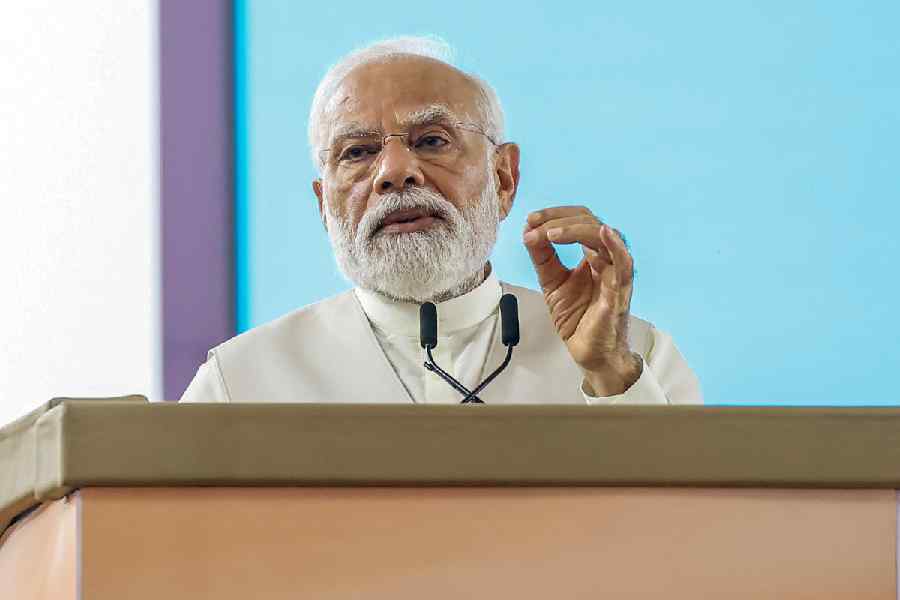Education in the mother tongue is the way to progress. The prime minister, Narendra Modi, recently focused on the emphasis of the National Education Policy, 2020 on the home language as a major shift. It says that children should be taught in the mother tongue or local and regional language until Class V, preferably up to Class VIII. Expressing respect for all Indian languages, Mr Modi referred to the ‘edge’ certain countries — he mentioned those in Europe — had got over others by teaching in the local language. The NEP marked the end of ‘discrimination’: earlier, fluency in English was given greater credit than the student’s capabilities. This left students from rural areas at a disadvantage; learning in the local language would give them the scope to develop their talents. The preference for English had been a great injustice — an expression of the ‘slave mentality’ Mr Modi had said earlier — while education in the mother tongue would give all students justice. Educational justice in this case would also mean social justice.
None of this need be dismissed as theory. What was intriguing, however, was Mr Modi’s comment that those who ‘politicise’ the language issue will now have to shut their shops of hatred. Apparently, Mr Modi was not politicising the issue with his remarks about discrimination and social justice. The question of how best to teach youngsters in a multi-lingual country is a difficult enough question for experts. Bringing up justice or discrimination cannot but make it political, perhaps because language cannot be detached from either politics or power in a general sense. Is the prime minister suggesting that the Centre’s determination to force Hindi all over India does not manifest dominant will? Or that his devaluation of English, the first language for numerous Indians and often the link between people of different regions, is purely benign? No region has only one language, neither do all children in a school have one mother tongue. If books are translated into 22 scheduled languages, what about the 122 ‘major’ ones and 1599 ‘others’? Justice is not so easy. Besides, would making English optional be the best for young people when they compete with the rest of the world? Not ideology or ‘nationalism’, but attention to all children’s learning needs at different levels may give them the desired ‘edge’.











